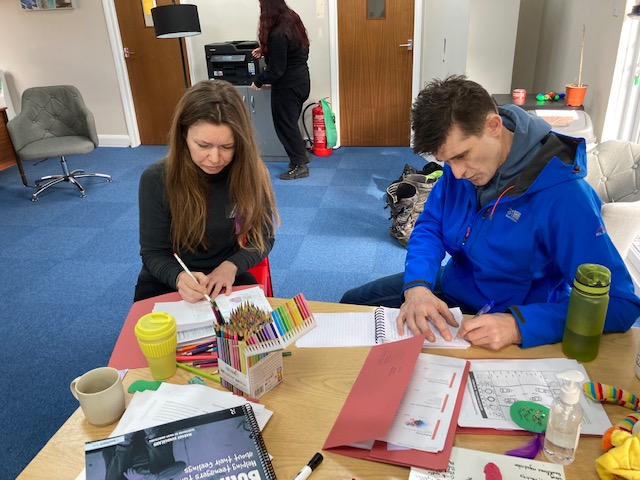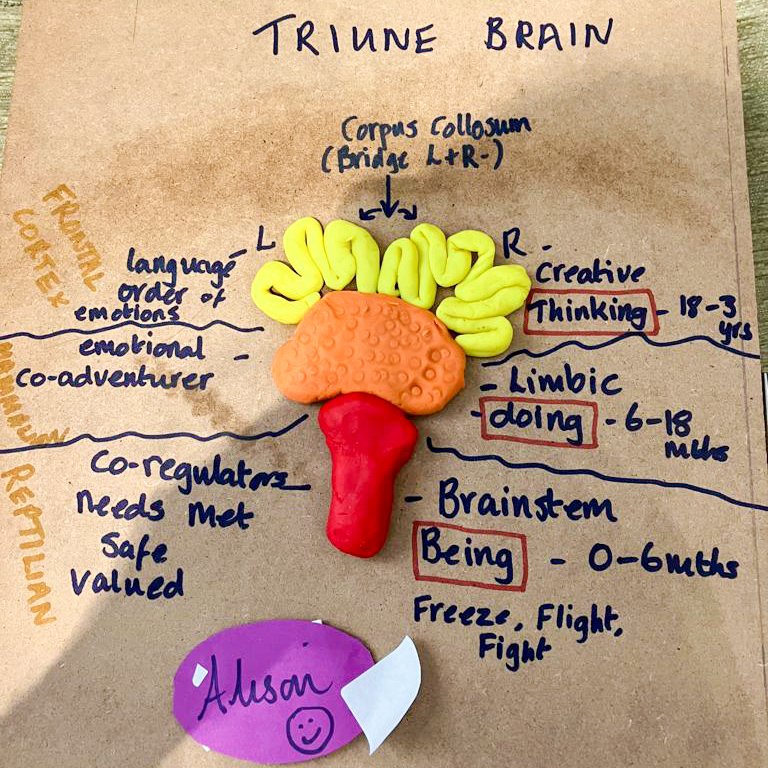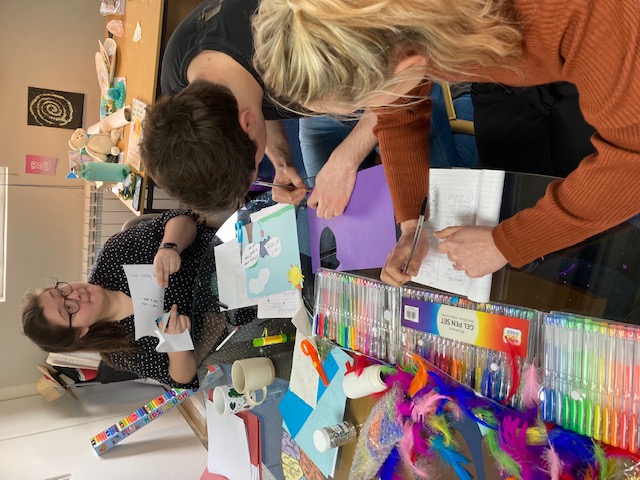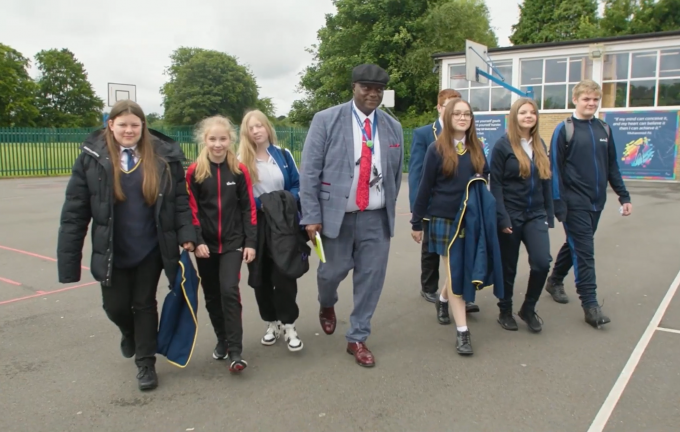Seven top tips for delivering successful Thrive Awareness Training
Thrive Awareness Training is an important part of creating a whole school culture of mental wellbeing. It ensures that staff are consistent in their language and approach and helps to get buy in from non-Thrive trained colleagues. We spoke to Amanda Thompson, Thrive Lead and Trainer at Kent-based Tuition Extra, to find out more about how she delivers the sessions.
Q) How often do you deliver Thrive Awareness training and how do you choose what days/times work best for training?
A) I deliver training with Tuition Extra three times a year for new tutors. My Thrive Awareness Training is a three-day, intensive Family Thrive course. At Tuition Extra, our cohort of neurodivergent children and young people prefer consistency so we try to avoid putting cover tutors in place. Therefore, all of our training is delivered during the half-term or school holidays. Our schedule must reflect the needs of the individuals and tutors we support.
Q) What sort of format do you find most effective?
A) An incredibly hands-on and creative workshop seems to bring out the best in my tutors. At the start of every course, I ask tutors to make a name badge with glitter, feathers, colours, sparkles – the lot! My training is very interactive and physical. We create storyboards and life-size diagrams and use play dough to create models of the triune brain. These activities consolidate the learning in a fun and imaginative way. Hands-on activities are great icebreakers for tutors. Tuition Extra operates across Kent, so this is often the first time that new tutors are meeting and it's lovely to bring them together and build support networks. I always bring my flip chart and PowerPoint to the session to show the data and theory.

A) Using activities like making the play dough brains to consolidate learning. Tutors are more inclined to listen in the session as they are required to make something. It’s also a chance for me to recognise individuals who may need additional support or a helping hand.
During an awareness session, I use Dan Hughes’ PACE (Playfulness, Acceptance, Curiosity and Empathy) and the Vital Relations Functions (VRFs). I always stress the cornerstones of Thrive are based on neuroscience, attachment theory and child development, helping individuals to understand that the Thrive Approach isn’t a wishy-washy experience – it has integrity and is effective.

A) I think the most important thing to stress with the training is reflective practice. To be reflective means to be humble, to reflect on when things go well and when they don’t go well, and to put in place something reparative for next time. It’s about connecting with your team and being reflective as a team, building that empathic reflective stance is the most important thing.
Tuition Extra is unique, we have a bespoke approach for every child, young person and adult who comes in – no individual or provision is the same. We stress the importance of tailored creative play, using the correct language to meet their needs and the importance of meeting emotional needs. We stress attuning and validating each individual that walks through the door - all members of staff work together to build a joined-up approach.
Q) Staff are very busy and often feel overwhelmed – do you have any pointers on how to help them see Thrive Awareness Training as something that will help, rather than ‘another thing we have to do’?
A) Well, at Tuition Extra we do an induction, so every new tutor coming on board has a Thrive induction after their safeguarding induction. This sets out our standards and our ethos from the outset. Tutors working with us know that Thrive is a vital piece of our puzzle. After the induction, tutors immediately want to find out more. Quite honestly, teachers often join us from schools because they are disillusioned by the education system and want change. They come to us because they want to build authentic relationships with children and young people. Thrive and our one-to-one way of working is welcomed, as it gives them the space to do this.

Q) How long does a training session typically last?
A) The induction takes 30 minutes online as an initial introduction to how we work and the expectations we have within Tuition Extra. My Thrive Awareness (Family Thrive) Training for tutors is a three-day intensive course. We deliver Family Thrive as tutors can be going into vulnerable households, and they need to have the strategies to work alongside the family and carers as well as the student. This helps to provide wrap-around care. Families feel valued, and we build trusting connections – a real joining up between the tutors, family, children and young person to the core Tuition Extra team.
Q) What sort of feedback do you get?
A) The feedback I get is an overwhelming feeling of ‘oh gosh this is right!’ It gives tutors permission to turn traditional teaching on its head - valuing the importance of creative play and understanding the science around play.
A) To be authentic in my delivery. To be true to myself. To hold the room and allow the synergy between staff to happen, while keeping the cohort safe and letting them reflect - learning to feel uncomfortable in order to grow.
To know what I felt before was true and I was right about my way of being as a Licensed Practitioner.
Key takeaways
-
Think carefully about when to schedule Thrive Awareness training – can it be in term time or would an inset day or similar be better?
-
Consider how long a session should last and the key things you need it to achieve.
-
Think about how you can bring the session to life and get staff hands on as well as conveying key information in a more conventional way.
-
Model – and explain – things like Dan Hughes’ PACE (Playfulness, Acceptance, Curiosity and Empathy) and the Vital Relations Functions (VRFs) so that non-Thrive trained colleagues can see how they are used.
-
See Thrive Awareness sessions as a chance to connect with colleagues away from the business of the classroom.
-
See it as an opportunity to reflect together on best practice in a safe and non-judgemental space.
-
Be authentic.




_680.jpg)

_680.jpg)